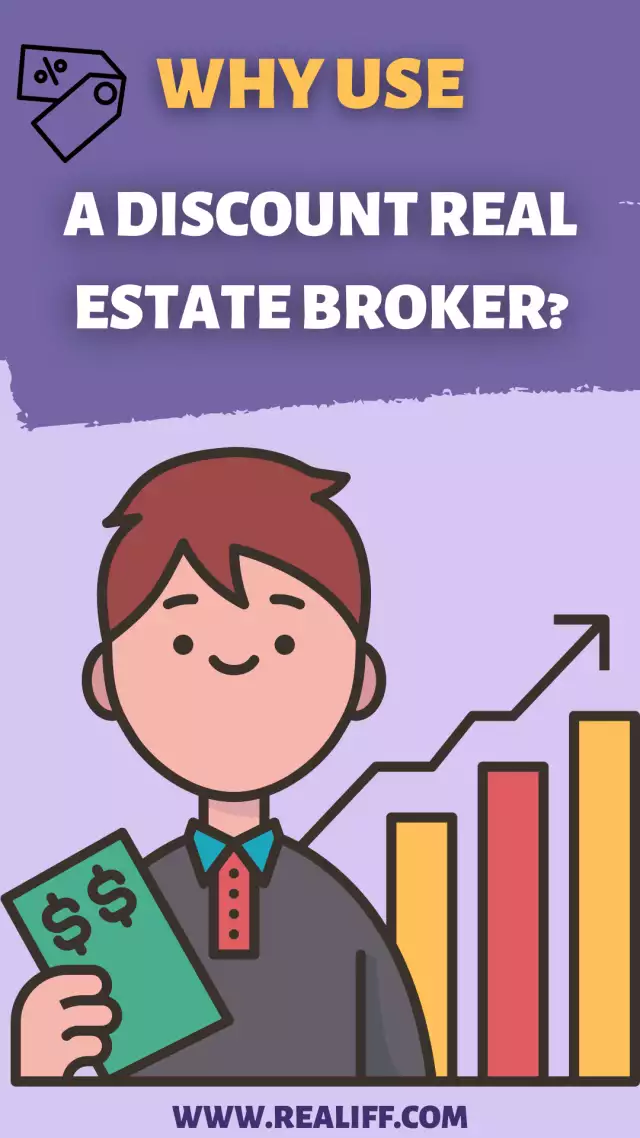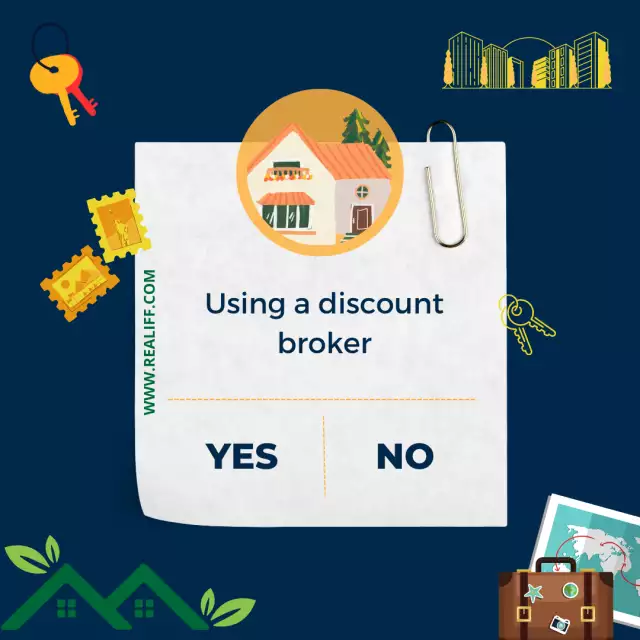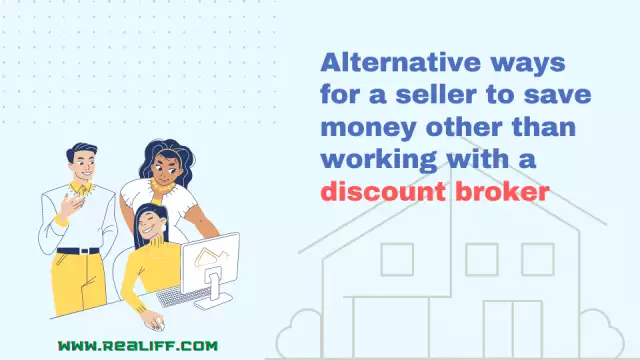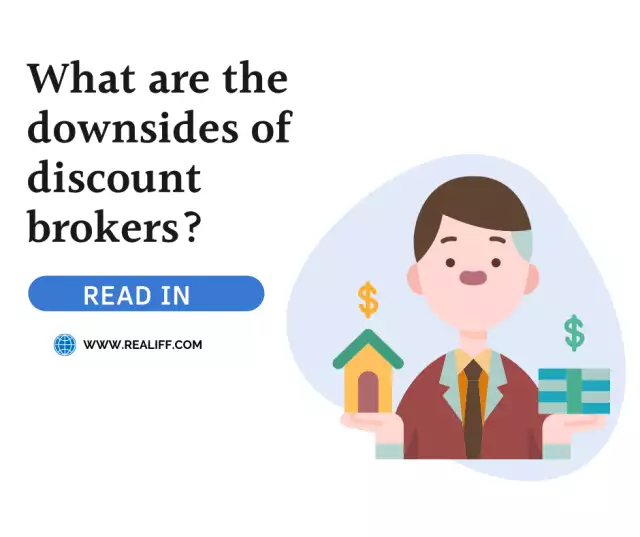Trying to figure out if a discount broker is best for you
Trying to figure out if a discount broker is best for you
You can make an informed decision about dealing with a discount brokerageagent by researching company websites, searching for consumer reviews, and learning about your local market conditions.
1. Recognize the type of market you're in.
You may not need all of the marketing and extras were normally given by a real estate agent to sell your house in a hot real estate market where homes sell rapidly.
If you're selling in a buyer's market, where homeowners are vying for buyers, you might want to deal with an agent who has fewer existing clients and can commit more time and resources to your listing.
2. Look for a brokerage that works in your area.
Discount brokerages are only available in certain areas, so look for one that serves your area. Even huge national brokerages may be new to your area, so choosing one with a track record of working with houses similar to yours in your neighborhood may make you feel more at ease as a seller.
You can search for terms like "cheap real estate broker," "discount real estate agent," or "flat-fee real estate agent," as well as your area, depending on what you're looking for. Furthermore, many brokerage websites will specify the territories in which they operate or will allow you to input your ZIP code to find agents in your area.
3. Rates and payment structures are compared.
When weighing the pros and cons of different brokers, compare their fees to the standard commission of 5% to 6%.
If they charge a flat rate, you should think about what this means for the value of your home. A 5% commission fee on a $250,000 house, for example, equals $12,500 in commission costs, half of which goes to the buyer's real estate agent. To deliver real savings in this instance, the flat cost would have to be less than the $6,250 that would normally go to a listing agent.







